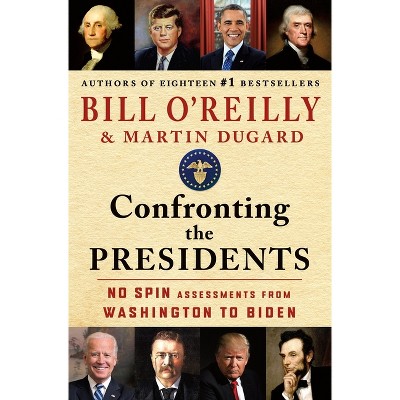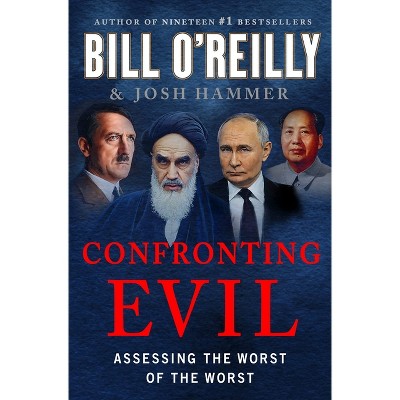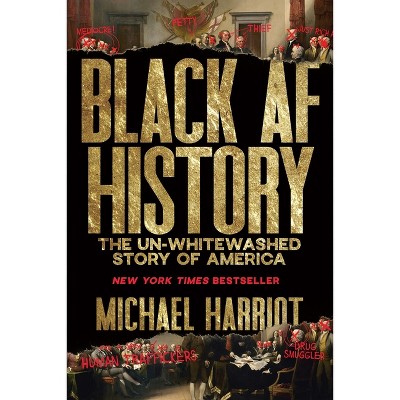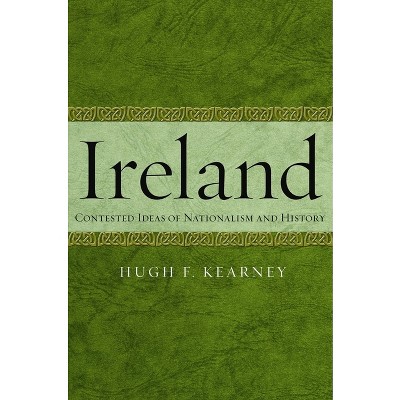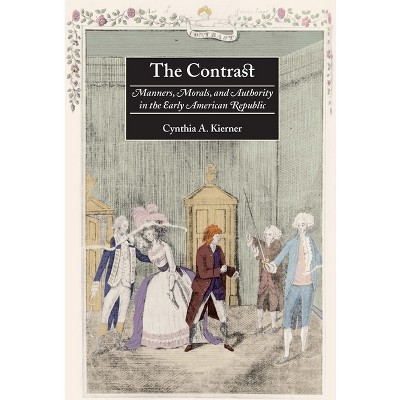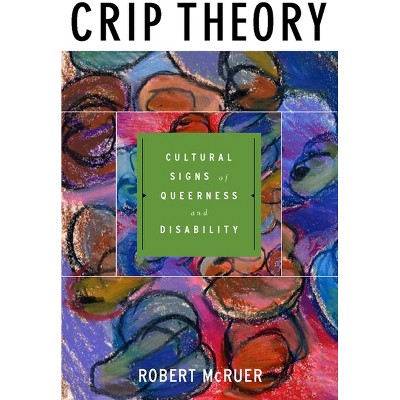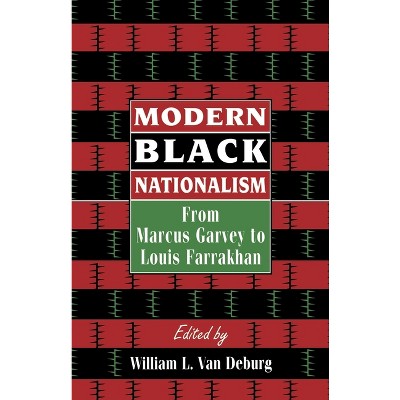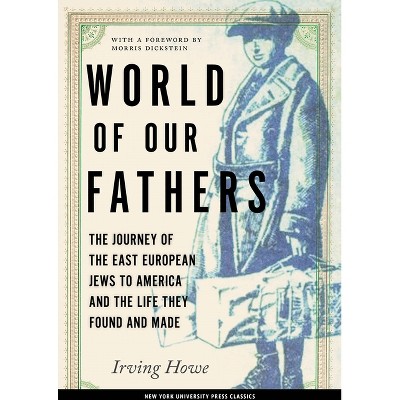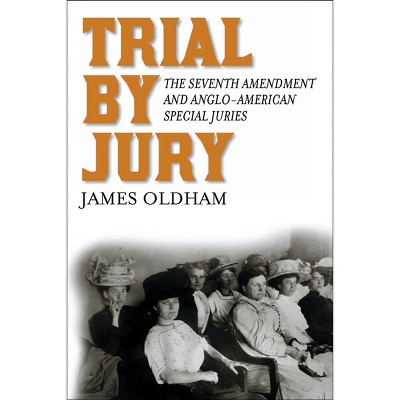About this item
Highlights
- As thousands of wives and children joined American servicemen stationed at overseas bases in the years following World War II, the military family represented a friendlier, more humane side of the United States' campaign for dominance in the Cold War.
- Author(s): Donna Alvah
- 291 Pages
- History, Military
Description
About the Book
"The middle of today's multi-sited American wars is a perfect time, I think, to read Donna Alvah's surprising history of U.S. military wives' and children's political roles in the Cold War. Alvah uses a deft comparison of U.S. policies toward military families--and these women's own ideas about what they were doing--on American bases in 1940s-1970s Japan and Germany to reveal how 'soft power' was as crucial as 'hard power' in waging war."--Cynthia Enloe, author of The Curious Feminist: Searching for Women in a New Age of Empire"Combining keen historical insight with the voices of overseas military family members, Donna Alvah demonstrates how service wives and children, as unofficial cold warriors, forged relationships across national boundaries. Although these relationships often reflected and reinforced racial hierarchies and imperial aims, they 'softened' the hard edges of cold war policies. Alvah's impressive and well-written account shines light on a time when American leaders understood that friendship mattered in foreign relations--a lesson well worth learning today." --Elaine Tyler May, author of Homeward Bound: American Families in the Cold War EraAs thousands of wives and children joined American servicemen stationed at overseas bases in the years following World War II, the military family represented a friendlier, more humane side of the United States' campaign for dominance in the Cold War. Wives in particular were encouraged to use their feminine influence to forge ties with residents of occupied and host nations. In this untold story of Cold War diplomacy, Donna Alvah describes how these "unofficial ambassadors" spread the United States' perception of itself and its imageof world order in the communities where husbands and fathers were stationed, cultivatBook Synopsis
As thousands of wives and children joined American servicemen stationed at overseas bases in the years following World War II, the military family represented a friendlier, more humane side of the United States' campaign for dominance in the Cold War. Wives in particular were encouraged to use their feminine influence to forge ties with residents of occupied and host nations. In this untold story of Cold War diplomacy, Donna Alvah describes how these "unofficial ambassadors" spread the United States' perception of itself and its image of world order in the communities where husbands and fathers were stationed, cultivating relationships with both local people and other military families in private homes, churches, schools, women's clubs, shops, and other places.
Unofficial Ambassadors reminds us that, in addition to soldiers and world leaders, ordinary people make vital contributions to a nation's military engagements. Alvah broadens the scope of the history of the Cold War by analyzing how ideas about gender, family, race, and culture shaped the U.S. military presence abroad.
Review Quotes
"In this excellent monograph, Donna Alvah combines gender history and political history to produce a comprehensive and engaging examination of the role, experience, and significance of American service families based overseas during the first twenty years of the Cold War."-- "The Journal of American History"
"This is a valuable and important study on a long-neglected but vital part of military life and the cold war. The research is impressive and the book is filled with entertaining and moving vignettes that illuminate the experience of the overseas community. The book is a testimony to the generosity, patriotism, self-sacrifice, and spirit of adventure of military families, and also makes a convincing argument for their importance in “winning” the cold war."-- "The Register"
Shipping details
Return details
Trending History
